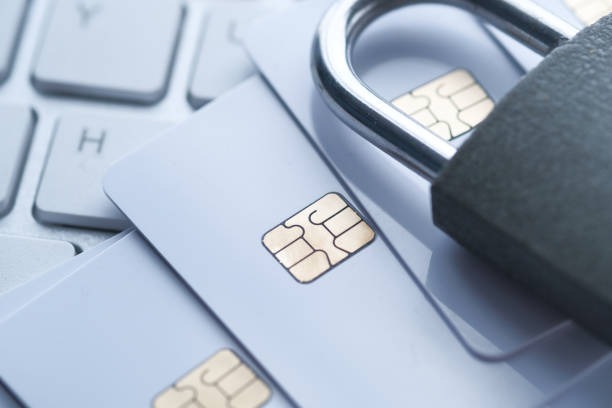Credit card fraud is a sneaky problem that can disrupt your life in big ways, from unexpected charges to long-term damage to your credit score. And whether you’re already dealing with financial stress, like seeking marital debt relief, or just want to stay safe, taking steps to prevent fraud is essential.
What many people don’t realize is that protecting yourself isn’t just about guarding your physical card. It also means being smart about your online activity and keeping a close eye on your accounts. Let’s dig into some practical and sometimes overlooked ways to prevent credit card fraud.
Protect Your Physical Cards
It sounds simple, but starting with your physical credit cards is important. Don’t leave your cards lying around where someone could grab them—like your car, workplace, or an unlocked purse.
When you hand over your card for payment, watch it closely. Skimming devices or dishonest employees can copy your card info. If a card reader looks suspicious or is loose, avoid using it.
Also, carry only the cards you need. If you have multiple cards, keep the ones you don’t use often safely stored at home.
Be Mindful of Online Transactions
Online shopping is convenient, but it’s also a hotspot for fraud. One big mistake is using unsecured websites. Before entering your card info, check that the website address starts with “https” and look for a small padlock icon near the address bar.
Avoid saving your card details on websites, even trusted ones. While it’s tempting for faster checkout, saved data can be hacked or misused.
Public Wi-Fi is another risk area. Avoid making purchases or logging into banking apps on public networks. If you must, use a virtual private network (VPN) for added security.
Watch Out for Phishing Attempts
Phishing is when scammers trick you into giving away your card info through fake emails, texts, or calls. They might pose as your bank, credit card company, or even a government agency.
Always be skeptical of unsolicited messages asking for personal information. Legitimate companies usually don’t request sensitive info through email or text.
If you get a suspicious message, don’t click any links. Instead, contact your credit card company directly using the phone number on the back of your card or their official website.
Monitor Your Accounts Regularly
Even with precautions, fraud can happen. That’s why regular monitoring of your credit card accounts is a must.
Check your statements every month for any charges you don’t recognize. Many banks and credit card companies offer alerts via text or email for transactions. Setting these up can catch fraud faster.
If you spot something off, report it immediately. The quicker you act, the easier it is to limit damage and get your money back.
Secure Your Devices
Your computer, phone, and tablet hold a treasure trove of personal information. Keeping them secure helps prevent fraud.
Use strong, unique passwords for your banking and shopping accounts. Change them regularly and avoid obvious choices like birthdays or “password123.”
Enable two-factor authentication (2FA) when available. This adds an extra verification step, making it harder for hackers to access your accounts.
Keep your devices’ software and antivirus programs up to date to defend against malware and cyberattacks.
Use Credit Cards Instead of Debit Cards
Credit cards often offer better fraud protection than debit cards. If fraudulent charges occur on a credit card, you’re typically not responsible for them, and your money isn’t immediately taken from your bank account.
Debit card fraud can be more complicated and stressful because the money comes directly out of your checking account. So when possible, use a credit card for online shopping and recurring payments.
Be Careful with Your Card Information
Avoid sharing your card number or other details over the phone unless you initiated the call and are sure about the company. Scammers sometimes pretend to be customer service reps and pressure you into giving info.
Also, don’t post pictures of your credit cards or sensitive info on social media, even jokingly. Fraudsters can use that information in ways you wouldn’t expect.
Consider Credit Freezes or Alerts
If you’re worried about identity theft or fraud, you can place a credit freeze with the major credit bureaus. This restricts access to your credit report, making it harder for thieves to open new accounts in your name.
Credit alerts notify you when someone tries to open credit under your name. These tools are especially useful if you’ve experienced fraud before or are going through stressful financial situations, like marital debt relief.
Final Thoughts
Preventing credit card fraud isn’t about paranoia—it’s about smart habits that protect your money and your peace of mind. From keeping your cards safe and being cautious online to monitoring accounts and securing devices, these practical steps go a long way.
Remember, fraud can happen to anyone, but taking control of your financial security helps minimize risks and makes recovery easier if it does occur. Stay vigilant, stay informed, and make protecting your financial health a daily habit.


